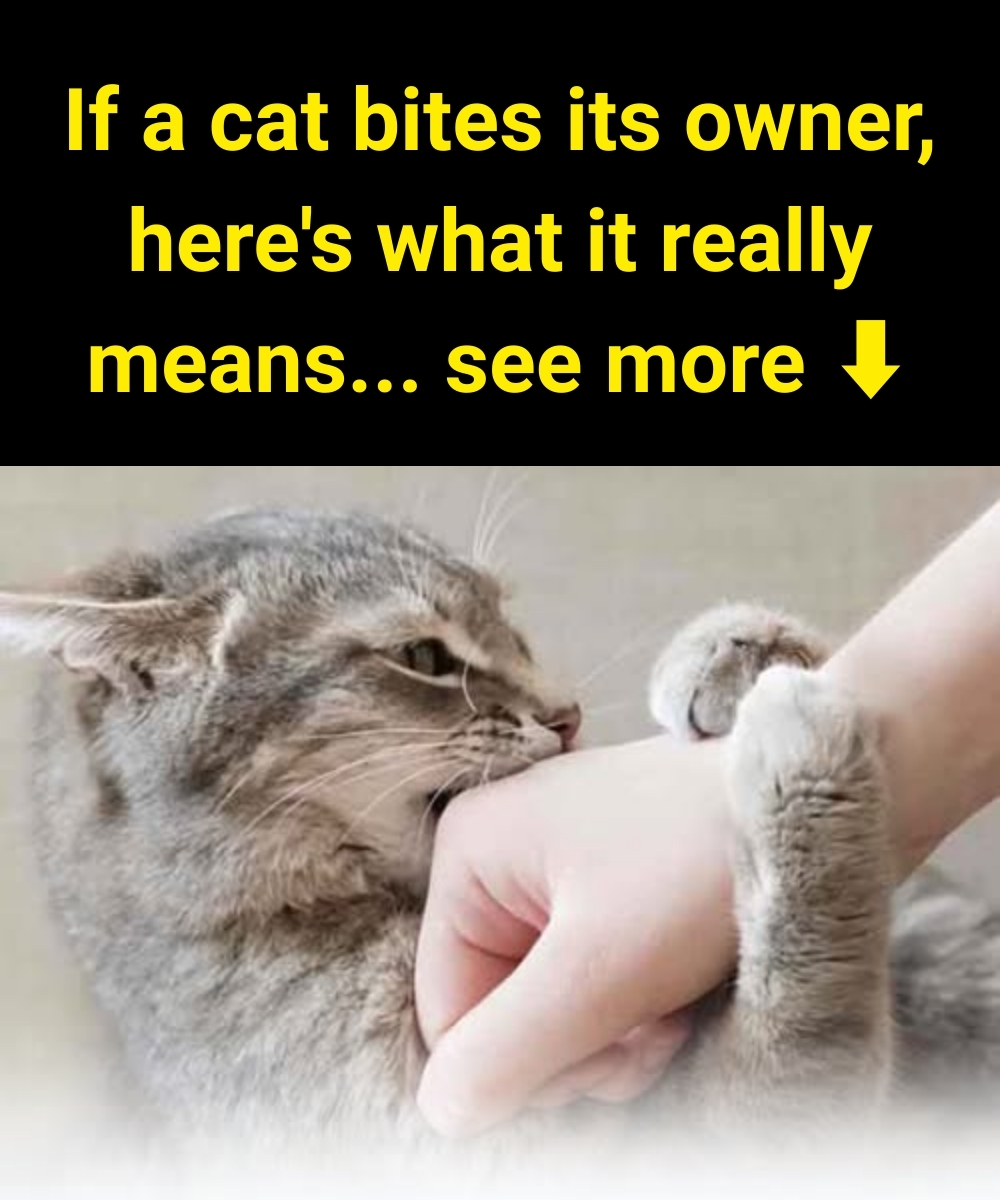ADVERTISEMENT
**Signs it’s overstimulation:**
ADVERTISEMENT
* Tail flicking
* Ears turning back
* Skin twitching
* Sudden shift from purring to biting
**What to do:** Stop petting immediately and give your cat space. They’re not mad — they’re just setting boundaries.
—
## 🐾 3. **Playful Behavior**
Kittens especially use their mouths to explore and play. If your cat nibbles you during playtime, it may simply be part of their natural hunting and pouncing instincts.
**What it means:** “Let’s play! You’re the toy!”
**Tip:** Redirect with appropriate toys (feathers, wands, stuffed mice) so your hands don’t become targets.
—
## 😼 4. **Attention-Seeking**
ADVERTISEMENT
Your cat may have learned that a quick nibble gets a quick reaction — which might be exactly what they want. If you’re on your phone or ignoring them, a little bite could be their version of tapping you on the shoulder.
**Other signs:**
* Staring at you
* Meowing
* Pawing or nudging
**What to do:** Provide playtime, food, or cuddles if it’s appropriate — but don’t reward unwanted behavior with instant attention.
—
ADVERTISEMENT
## 🦷 5. **Teething or Dental Discomfort**
In younger cats or kittens, nibbling may be related to teething. For adult cats, persistent chewing or biting behaviors could signal dental discomfort.
**Warning signs:**
* Reluctance to eat hard food
* Drooling or pawing at the mouth
* Bad breath
**What to do:** Schedule a vet check-up if nibbling becomes excessive or seems linked to discomfort.
—
## 🧠 6. **Stress or Anxiety**
Nibbling can also be a self-soothing behavior in nervous or overstimulated cats. If your cat nibbles you and also shows signs of stress — like hiding, pacing, or meowing excessively — they might need extra comfort or environmental changes.
—
## ✅ When to Be Concerned
If the biting is **aggressive**, causes **pain**, or comes with growling, hissing, or scratching, it may be a sign of fear, pain, or behavioral issues that should be addressed with a vet or feline behaviorist.
—
## 🐱 Final Thoughts
In most cases, a cat nibble is nothing to worry about — it’s just another quirky way they communicate with us. Whether it’s love, play, or a gentle warning, your cat is using their mouth to “talk.” Learning to read the signs can deepen your bond and help you become more fluent in “cat language.”
So next time your feline nibbles your hand, pause and think:
**Is it love, play, or a polite “enough, human”?**
Chances are, it’s their own special way of saying, “You’re mine.”
—
Would you like a printable cat body language guide to go along with this article?
ADVERTISEMENT
